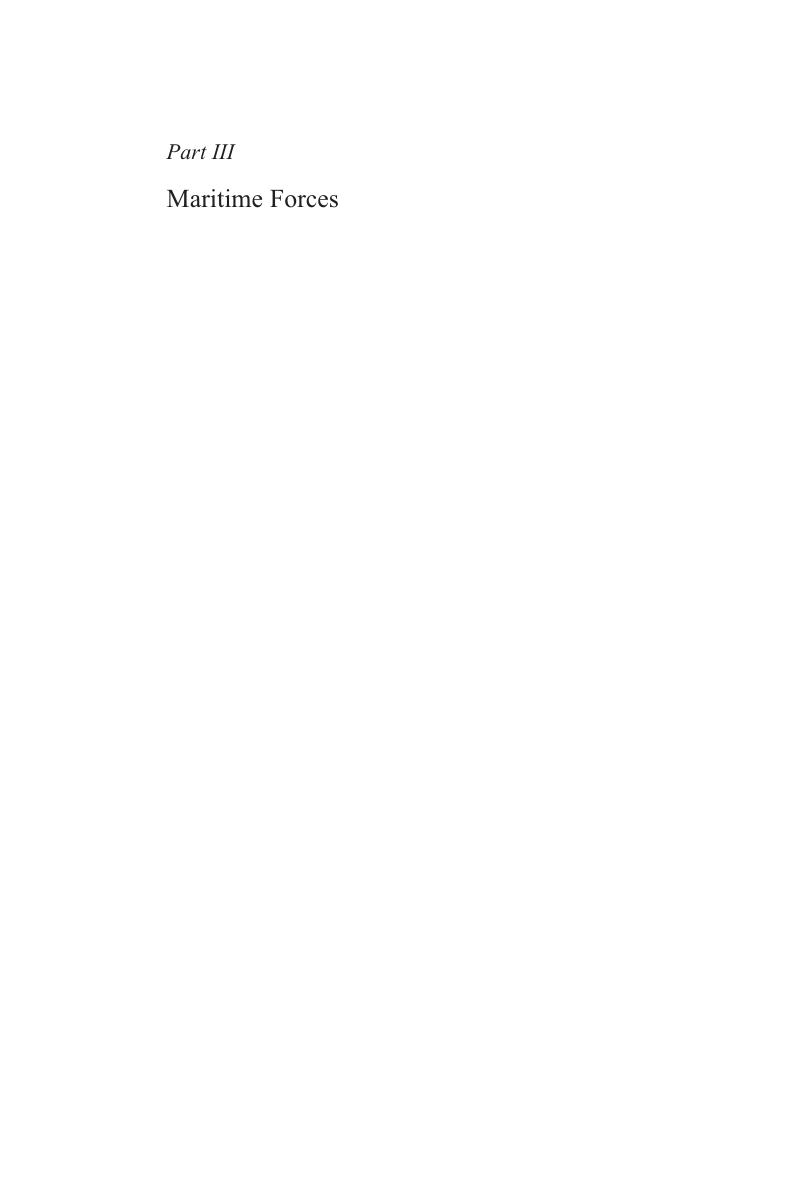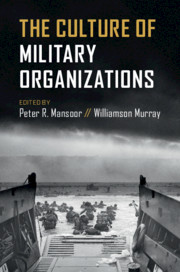Part III - Maritime Forces
Published online by Cambridge University Press: 05 October 2019
Summary

Keywords
- Type
- Chapter
- Information
- The Culture of Military Organizations , pp. 319 - 400Publisher: Cambridge University PressPrint publication year: 2019

